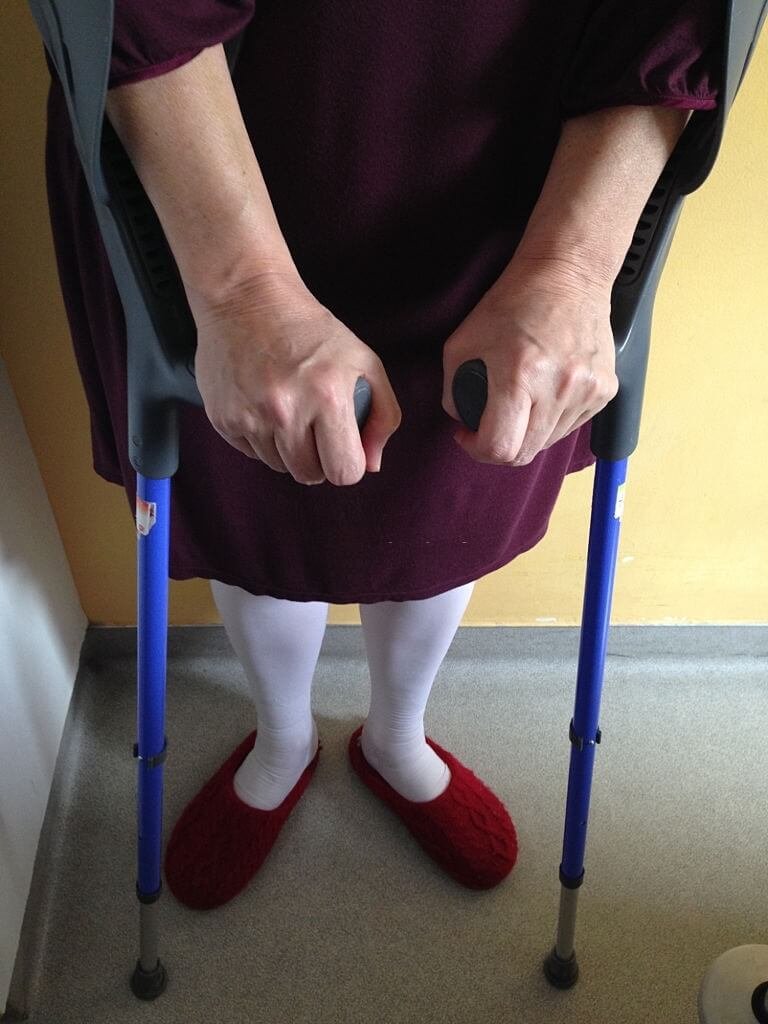Hip replacement surgery is in which the physician removes the swollen hip joint that is detected with arthritis and in its place an artificial joint which is made of plastic and metal components is put in its place.
Contents
- 1 Hip Replacement Surgery – Its Success Rate
- 2 What is the procedure after the surgery is completed?
- 3 The list of activities which one should avoid after the hip replacement surgery
- 4 What are the precautions which one needs to follow after hip replacement surgery?
- 5 When do doctors consider total hip replacement?
- 6 What are some of the risks associated with hip replacement surgery?
- 7 The success rate of hip replacement surgery
Hip Replacement Surgery – Its Success Rate
This treatment is done only when other methods of relieving pain have failed completely. The procedure is expected to help in ease of walking and reduce pain.

What is the procedure after the surgery is completed?
The patient will stay in the hospital under expert care for 4 to 6 days. The doctor advises bed rest for around a week with a wedge-shaped cushion that would be put between your legs for ensuring that the joint stays in position. Physical therapy starts after the patient starts after the surgery is successfully completed and within a few days, the person starts walking with crutches, a cane or a walker. The physical therapy would be continuing for several weeks after the surgery to help in the rehabilitation of the person.
The list of activities which one should avoid after the hip replacement surgery
After the hip replacement surgery from 6 to 12 months, any movement involving twisting or pivoting that leg that has undergone the surgery must be avoided at all costs. One should not even try crossing their leg from the midline of the body or even try turning the leg inwards or try bending the hip greater than 90 degrees. One should also not include squatting or bending their waist forward in their daily activities.
The therapist would also teach you the various ways and techniques with which one can use the equipment and do the daily task without doing any of the above-mentioned. If you don’t follow the guidelines of the physical therapist you will end up dislocating the new hip joint which will not only be painful but also would require another surgery.
Once the hip joint gets healed you can continue with your daily activities but some of the other activities like heavy work or certain sports need to be completely avoided.
What are the precautions which one needs to follow after hip replacement surgery?
Here are a few simple steps which must be followed to make one’s life easier after the hip replacement surgery:-
- One should keep climbing stairs to a minimum. Ensure to do the required arrangements so that the patient needs to go up and down the stairs only once or twice in a day.
- The patient should sit in a straight-back and firm chair. Avoid the use of recliners.
- To prevent falling, one should remove all unnecessary rugs and keep rooms and floors clutter free.
- One should use an elevated toilet seat to avoid bending of the hips.
- Maintain proper distance from enthusiastic pets till you have healed properly.

When do doctors consider total hip replacement?
Total hip replacement surgery is generally done to offer relief for some severe arthritic conditions. This surgery can also be performed in cases like hip fractures. Generally, hip replacement surgery is done on patients above 55 years of age, but this surgery is also done on some of the younger patients in certain cases. Patients who have to undergo hip replacement surgery generally face:-
- Intense pain which impedes everyday activities and work
- Pain which doesn;t subside with anti-inflammatory medications, walkers or canes
- High stiffness in the hip area
- Advanced arthritis
- Fracture in the hip area
What are some of the risks associated with hip replacement surgery?
Hip replacement surgery is a big surgery and with every surgery, there are some potential risks associated. Even though the success rate for this surgery is very high, some risks are:
- Blood clots pelvis area and hips
- Hip infection
- Hip dislocation
Before performing this surgery one should take expert advice.
The success rate of hip replacement surgery
The success rate of hip replacement surgery is quite high. Greater than 95% of the patients have got relief from hip pain. The success rate of the surgery after 10 years is around 90 to 95% and after 20 years it is around 80 to 85%. If the artificial hip wears out or loosens one can get a new hip replacement.
Read More About: How To Treat Muscle Disorders?